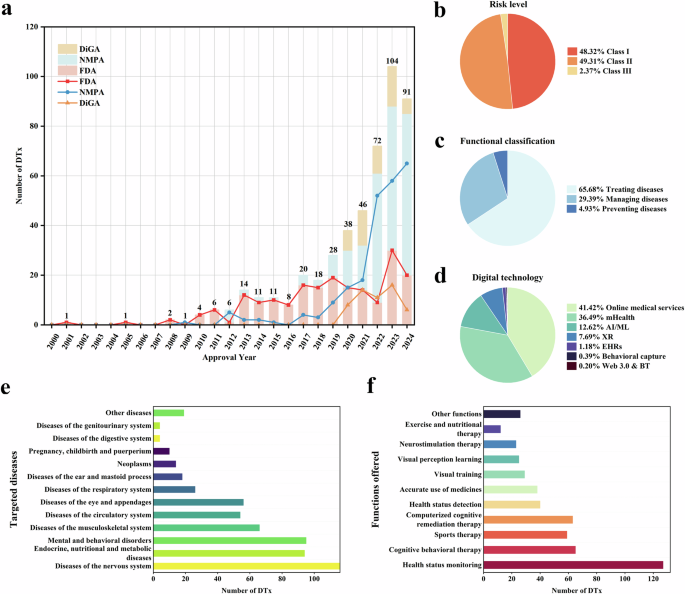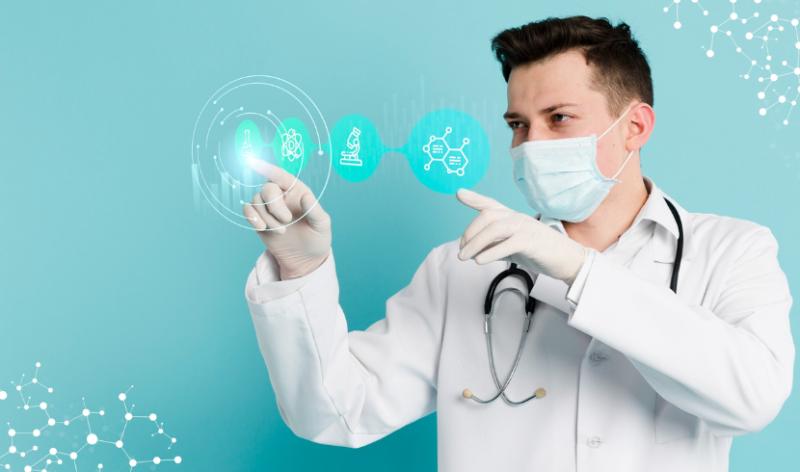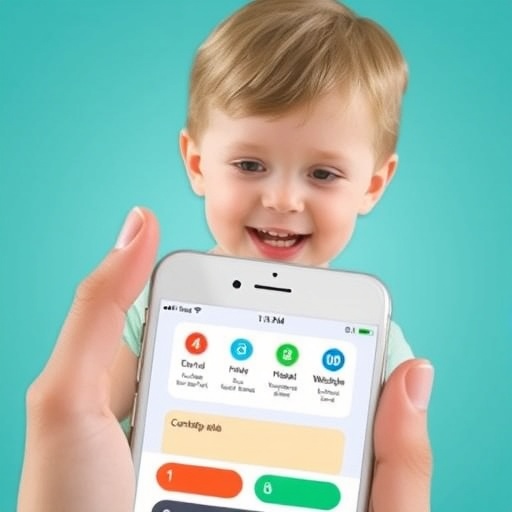Leveraging Digital Health Tools for Innovative Medical Tourism Marketing | Medical Tourism Magazine | Medical Travel

In an era dominated by digital advancements, the intersection of technology and healthcare has given rise to new opportunities, particularly in medical tourism. Digital health tools, ranging from telemedicine platforms to health apps, play a crucial role in improving patient care and reshaping the landscape of medical tourism marketing.
Digital tools have revolutionized business across several industries, with several digitally driven operations, such as e-banking, e-taxi platforms, and social media communications and marketing, technology has expanded business opportunities and transformed how we do things. In healthcare, these changes are even more revolutionary and are boosting medical care as we know it.
Digital tools boost the medical tourism industry through the following innovative strategies:
Telemedicine Platforms as Marketing Channels
Telemedicine has emerged as a powerful tool for connecting patients with healthcare providers across geographical boundaries. Medical tourism providers can leverage telemedicine platforms not only for delivering remote consultations but also as a marketing channel. Offering virtual consultations allows potential medical tourists to connect with healthcare professionals, addressing concerns and building trust before making the decision to travel for medical procedures.
Through AI-driven remote patient monitoring models, healthcare providers can assess patient’s conditions, treatment compliance, and treatment response in real time without being in physical proximity to the patient. Further, patients can easily share useful information about their treatment progression and healthcare providers can make quick modifications to patient’s treatments in real-time through telemedicine apps synchronized with these monitoring devices.
Virtual Tours and Interactive Content
Digital health tools enable medical tourism providers to offer virtual tours of their facilities, showcasing state-of-the-art equipment, comfortable accommodations, and the expertise of their medical staff. Interactive content, such as 360-degree videos or virtual reality experiences, provides a dynamic and immersive way for potential patients to explore healthcare facilities and destination offerings, enhancing the overall marketing experience.
In parts of the United Arab Emirates and Korea, medical travel providers have launched metaverse hospitals that allow virtual tours of hospital facilities for medical tourists. This allows prospective health payers to experience and evaluate the quality of service offered in a medical tourism destination without being physically present there. These digital tours also enable patients to consult with healthcare providers in the destination via Virtual Reality technologies.
Health Apps for Patient Education
Mobile health apps have become indispensable for promoting patient education and empowerment. Medical tourism providers can develop and promote health apps that offer information about medical procedures, post-operative care, and travel tips. These apps can serve as educational tools, helping potential patients make informed decisions while also serving as a marketing asset for the provider.
Social media platforms are also a goldmine for medical tourism marketing, and leveraging digital health tools within these platforms can be particularly effective. Joining health communities, participating in relevant discussions, and sharing informative content can help providers connect with individuals interested in medical tourism. Utilizing health-related hashtags, organizing webinars, and collaborating with healthcare influencers can further amplify the reach of marketing efforts.
Personalized Digital Marketing Campaigns
Digital health tools provide valuable data insights that can be used to create highly targeted and personalized marketing campaigns. Analyzing patient demographics, preferences, and behaviors allows medical tourism providers to tailor their marketing messages to specific audiences. Personalization enhances the effectiveness of campaigns, making potential medical tourists feel that the services offered are designed to meet their unique needs and concerns.
Digital tools like DarwinAI, developed by Global Healthcare Resources and the Medical Tourism Association, also help medical tourism organizations generate precision content to attract medical tourists. Within 4 months, MTA recorded more than triple its readership, attracting 1 million visitors across its online magazine publications. These data are generated using AI analytics that tailor content to meet patient’s preferences. This is a critical campaign strategy that brings you close to your target audience in the shortest possible time.
Online Reviews and Reputation Management
Digital health tools also extend to online review platforms and patient feedback systems. Medical tourism providers can actively encourage satisfied patients to leave positive reviews on platforms such as Google, Yelp, or specialized medical tourism review sites. Responding to reviews, whether positive or negative, demonstrates transparency and a commitment to patient satisfaction, contributing to a positive online reputation.
Many international patients still rely on anecdotes and testimonials to make medical travel decisions. Having many positive reviews on some of these online brand management platforms serves as a helpful index for driving more patient volumes to your destination and improving your brand reputation.
Leverage Digital Solutions for Medical Tourism
As digital health tools continue to evolve, their integration into medical tourism marketing strategies becomes increasingly vital. The convergence of technology and healthcare not only enhances patient care but also opens up innovative avenues for reaching and engaging potential medical tourists. By embracing digital health tools in their marketing efforts, medical tourism providers can create a dynamic and patient-centric approach that sets them apart in an ever-expanding global healthcare market.
Global Healthcare Resources and the Medical Tourism Association open a world of opportunities for technological innovation in international healthcare. With their extensive network of key players in healthcare technology and medical tourism and a wide range of innovative tools and technical resources, both organizations help medical tourism businesses access innovative tools to advance patient care and optimize marketing strategies.
As medical tourism continues to grow, leveraging big data will be a crucial factor in staying competitive, ensuring patient satisfaction, and driving positive outcomes for both providers and medical tourists alike.
To learn more about MTA or become a member, click here.
link







